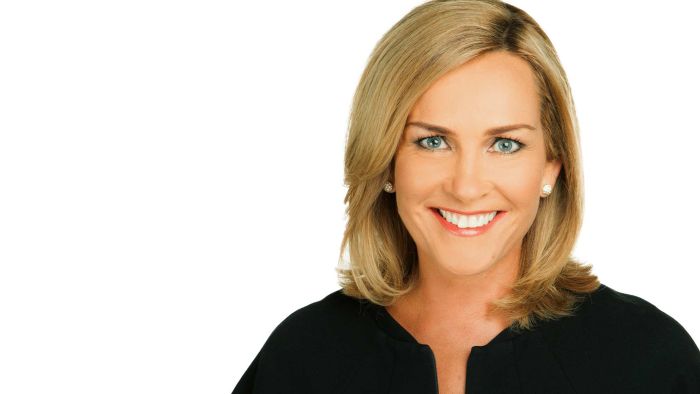Confronting Australia’s coal conundrum
In 2018, Ali Moore hosted a Hypothetical event about a highly infectious disease that was sweeping the globe. Now she’s back to take on another critical social conversation – global warming and the transition away from coal.

First up, what exactly is a Hypothetical event?
Just that! We come up with a challenge and build a scenario around it which allows our panel to role play their way to a conclusion. It’s a terrific way of illustrating complexities around certain decision making. While the panel are all playing a role, those roles are assigned based on real life experience, and the sorts of conversations the panel have with each other reflect the questions and debates that would be had in real life.
A Hypothetical event you hosted for the Wheeler Centre in 2018 was about how Australia would respond to a global pandemic. Have any of the panel’s predictions rung true over the last two years?
The pandemic hypothetical was so prescient. The panel included some people who would go on to become key decision makers in the COVID-19 pandemic, including Professor Sharon Lewin from the Doherty Institute. In our scenario, the speed of transmission, the struggle to respond fast enough and to find vaccines, and the enormous human costs, all unfolded just as they have in Australia over the past two years. The one thing we did not contemplate in our hypothetical was the extensive use of such widespread lockdowns, but if we’d been able to game for longer than an hour, I think we probably would have got there.
Part of your role as the host of Hypothetical: Coal Conundrum was to help select seven experts from a range of disciplines including business, government and education. How did you decide on the panel members?
We needed people who have the experience and expertise to play their role, but also were up for the game. They are role-playing, and they have to wear their assigned hats with gusto and be provocative and entertaining. We want the audience to enjoy it! Panel members like Ken Henry and Graeme Samuel bring a wealth of decision-making experience to the table, Jodie Sizer is a key Indigenous leader, Nikki Williams has a long history in the energy sector, and Kelly Vea Vea, who is the deputy mayor of a major coal mining region in Queensland – a long way from the boardrooms of Melbourne – gives us a vital lens on the conundrum. Dan Gocher has a terrific handle on the climate challenge, and when it comes to the role of the corporation and ethics in business, Dirk Matten is a global expert.
If you could have one Australian politician (either alive or dead) take part in the event, who would it be and why?
Bob Hawke – he would get the passion of the coal miner, the needs of the economy, the focus of investors, and the gravity of the climate challenge, and he would have FUN!
The transition to renewable energy is an issue that many Australians will be thinking about as they head to the polls this weekend. What do you hope this Hypothetical can add to the conversation?
This really is about trying to shine some light on the complexities of this conversation. You may say ‘no fossil fuel’ but how will you get the steel to build the turbines to create more renewable energy if you shut coal mines? There are many competing interests, and if we can understand a bit more about the challenge, we’ll tackle it a lot better. We don’t talk enough about the opportunity along the path to net zero, it seems all about the cost.
The Coal Conundrum: A Hypothetical will take place at the Wheeler Centre on Wednesday, 25 May 2022. Tickets are available now.
Related Posts

Read
What's on in May: Resident Organisation Round Up
29 Apr 2024

Read
Anne-Marie Te Whiu Receives The Next Chapter Alumni Poetry Fellowship
2 Apr 2024

Read
What's on in April: Resident Organisation Round Up
28 Mar 2024

Read
Blak & Bright First Nations Literary Festival returns in 2024
7 Mar 2024

Read
What's on in March: Resident Organisation Round Up
29 Feb 2024

Read
Hot Desk Extract: International
23 Feb 2024
Share this content